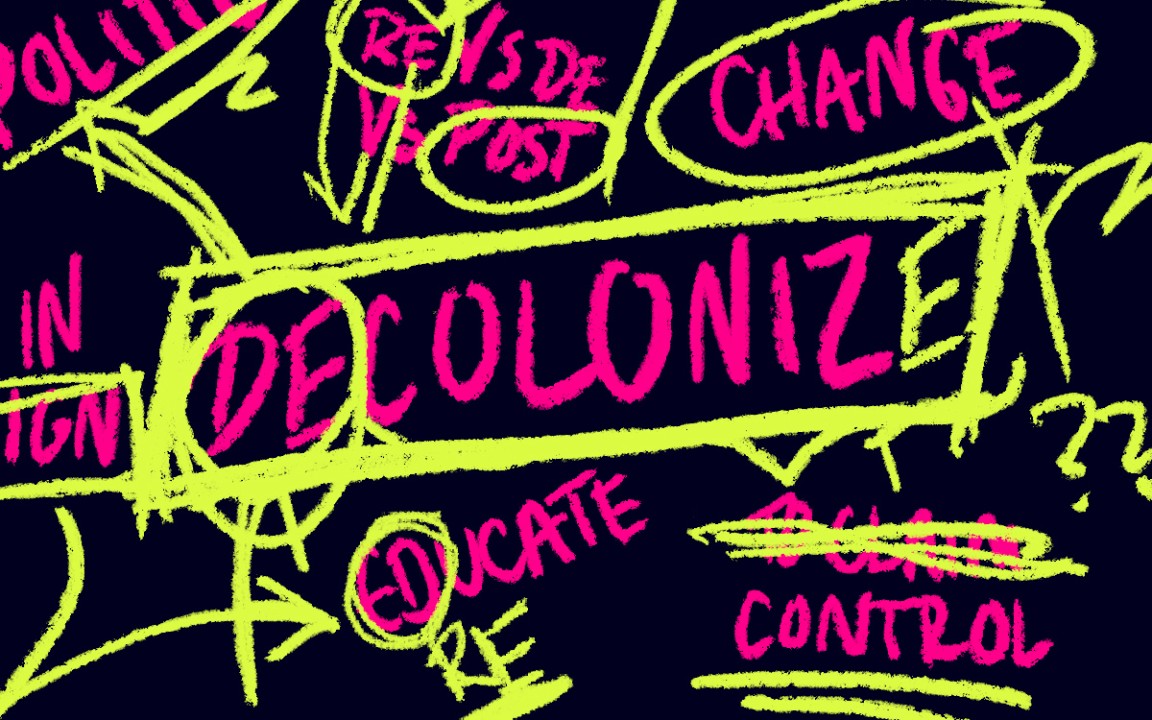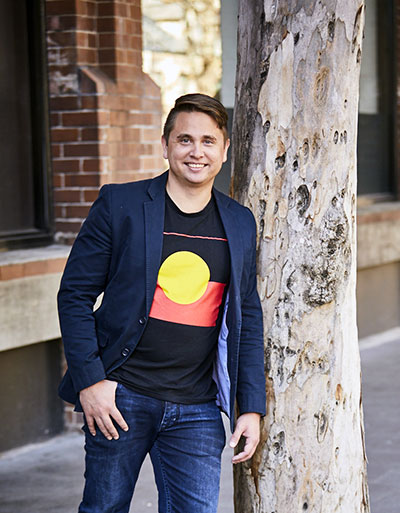Decolonisation of wealth in Australia: another call to action
By Dean Foley >>
WEALTH IN AUSTRALIA was accumulated from the disposition and genocide of First Nations people. It was a long time ago you might think, however, the control of First Nations people is still continuing through the control of wealth in Australia.
The act of exploitation in Australia is not a history lesson, it's the present. First Nations people are amongst the most disadvantaged in the world and are not being given a fair chance to be 'successful'.
This is because the wealth in our country has been controlled by non-First Nations since colonisation. The inequalities that have been created have been very severe and it will take many generations to remedy them.
"What if we could use wealth to heal rather than cause further harm? What if funders, philanthropists, and entrepreneurs could help restore the earth? What if money was spent trying out concepts that shatter current structures and systems that have turned much of the world into one vast market?" - Jennifer and Peter Buffett. 
Edgar Villaneuva's book, Decolonizing Wealth is insightful and well-researched. It does bring new perspectives to the table, as it speaks of the real, day-to-day struggles of living in a colonised country.
Money is controlled by the coloniser but First Nations people and traditional ways of thinking (community-first approach) can contribute a lot to the development of a better world.
Apart from putting First Nations people in control of their own future, as we enter a world where climate change and global warming is getting worse, these ideas are very crucial and revolutionary at the moment.
The western capitalist model believes wealth and economic activity are the result of markets, ideas, and the 'free market'; i.e. no one controls wealth; however, the reality is more complex.
The capitalist system of economic development in Australia requires the domination and control of First Nations land and other resources, and the relinquishing of the collective ownership of the land.
Whilst the destruction of First Nations land and cultures are down to colonialism, the coming into being of the economy is dependent on a divide-and-rule policy which has been at play since the 1800s and has continued, for example, in the various land acts, Native Title and other land grabs.
The coloniser controls the wealth of First Nations people through the government. The government spends large amounts of funding to 'help' First Nations people but much of this money is not distributed fairly and there is little accountability.
"...when state and territory government spending is included, mainstream spending climbs to over 80 percent of the total expenditure on Indigenous people" - James Haughton's, Indigenous budget review. 
The findings of the report show that First Nations communities are not receiving a fair share of Australia’s wealth. The money is instead going back to governments or their corporate backers, who don't see an improved quality of life as their ultimate goal.
Thus, First Nations people should be given the responsibility to close the equality gaps and empower themselves.
If our governments and corporations want a better future, they need to come to us and work alongside us to define what a better world looks like.
There is a lot of work to be done by First Nations people to reclaim our power and nation, however, if we come together and show our determination, our capability and potential, I believe we can collectively shape a better future for ourselves and everyone else in the world.
This isn’t a fantasy, we have the capability to do this. However, it’s time for everyone to collectively contribute to the good of this world through the development of our communities, nation and the people’s control of the wealth.
We're bringing back the idea of community - instead of a few individuals and families benefiting (Western approach) from the best interests of our communities, we all are.
Dean Foley is the founder of Barayamal, Australia's Indigenous business incubator and accelerator. He served five years in the Royal Australian Air Force before founding Australia’s Indigenous business accelerator, Barayamal – now known as a world leader in Indigenous entrepreneurship. Dean is an action-oriented entrepreneur, former-Microsoft RAP Advisory Board member, CSIRO STEM Award winner, Indigenous Digital Excellence (IDX) Entrepreneurship Award winner, and proud Kamilaroi Man from Gunnedah, NSW.
ends
ends

 How to resolve AdBlock issue?
How to resolve AdBlock issue?